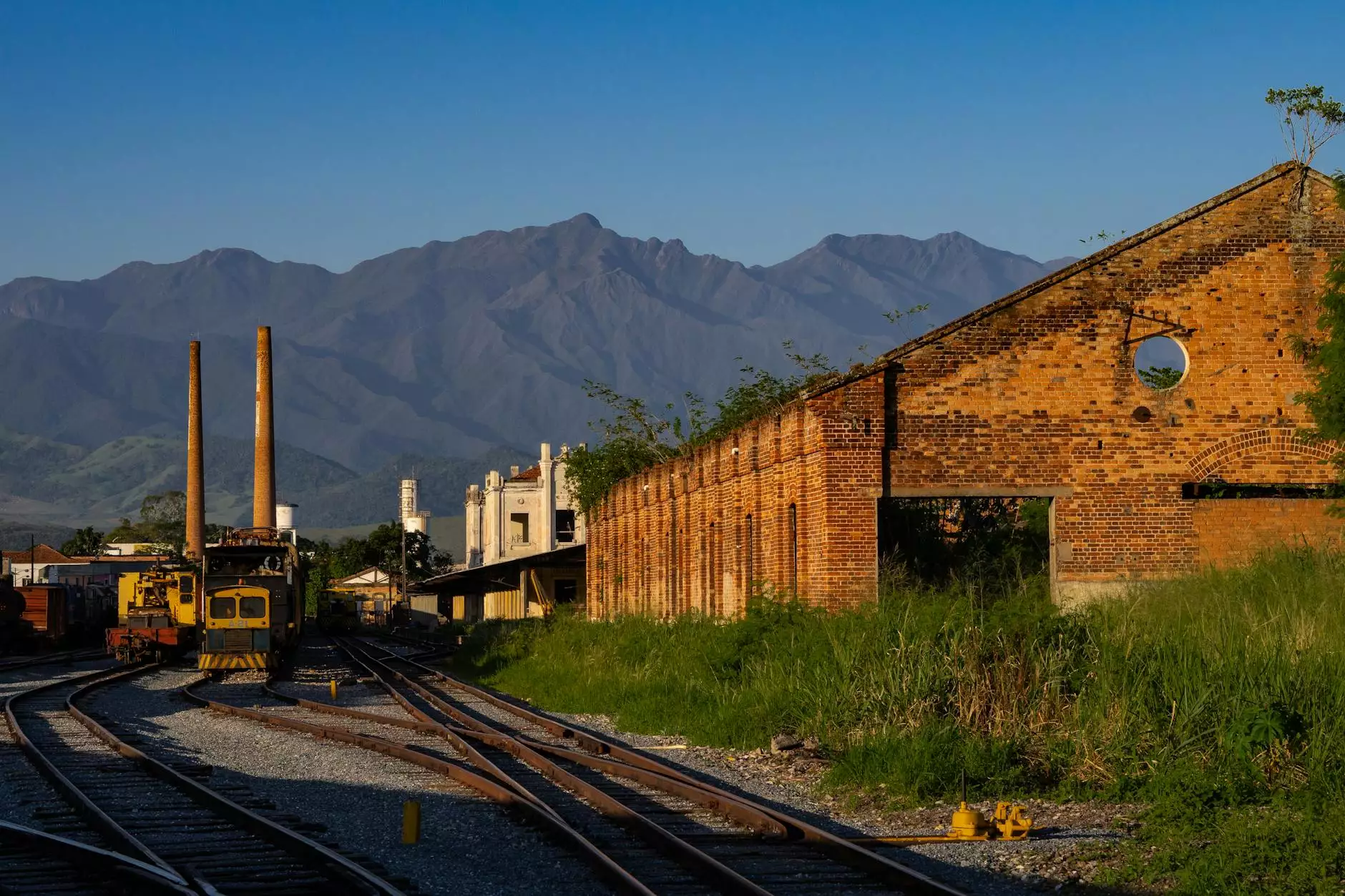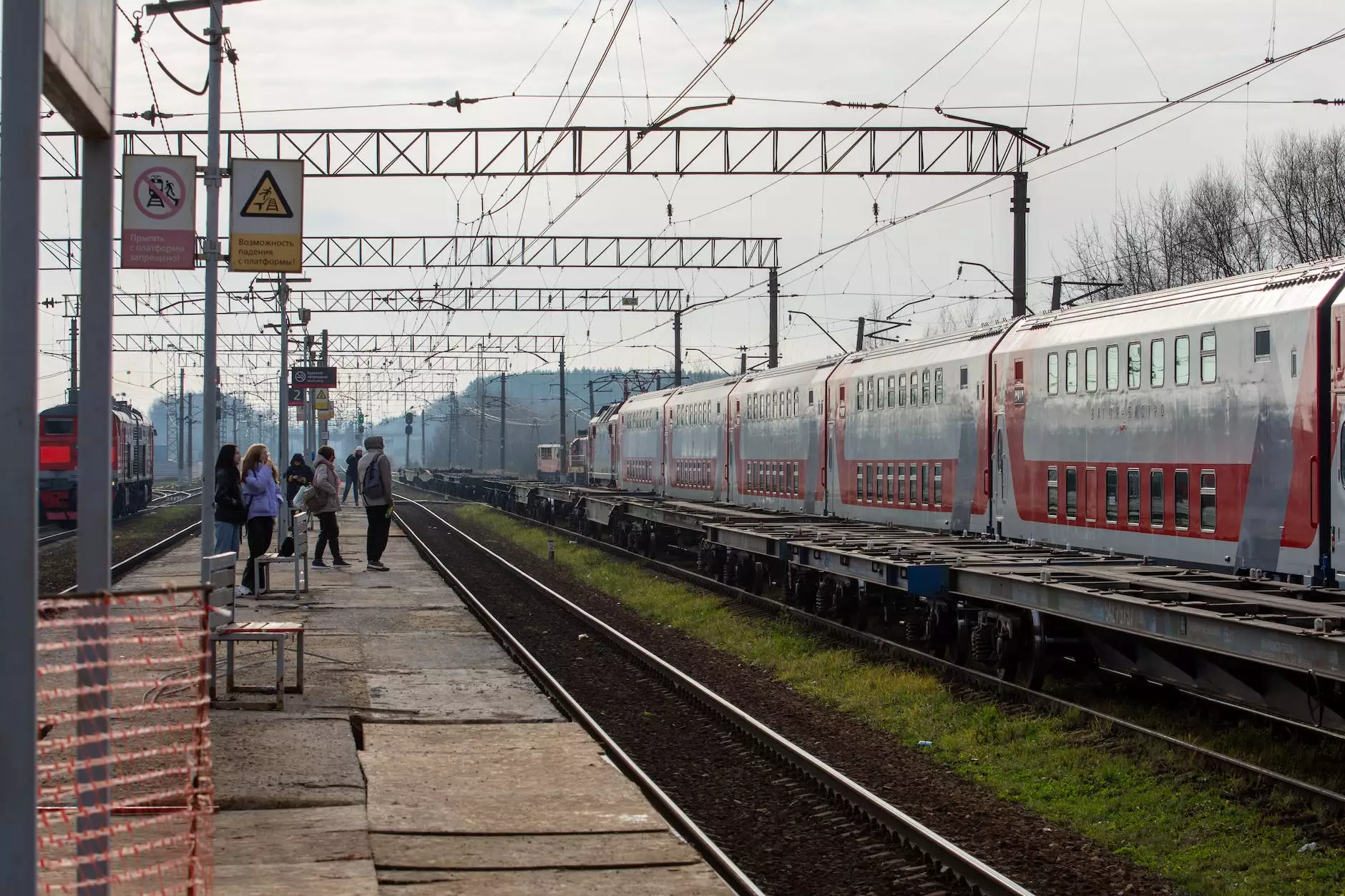September 27, 1825 - World's First Passenger Train
1800-1849
Welcome to La Historia Society's page dedicated to the historic event that occurred on September 27, 1825 - the world's first passenger train journey. In this article, we will delve into the significance of this monumental event and its impact on the course of human history.
Background
During the Industrial Revolution, various technological advancements triggered revolutionary changes in different aspects of society. One such breakthrough was the invention of the steam locomotive, which paved the way for the development of railways as a means of transportation.
The world's first passenger train set off on September 27, 1825, from Stockton-on-Tees to Darlington in the United Kingdom. This historic journey marked a significant turning point in human transportation, unleashing a new era of efficient and speedy travel.
The Journey
As the world's first passenger train embarked on its maiden voyage, it carried a sense of anticipation and excitement in the hearts of those on board. The locomotive, known as "Locomotion No. 1," pulled a procession of carriages filled with passengers eager to experience this groundbreaking form of transport.
The approximately nine-mile journey took place on a track specifically constructed for this momentous occasion. The train gracefully maneuvered through the picturesque countryside, traversing valleys, rolling hills, and charming villages, captivating the passengers with its incredible speed and smoothness.
Impact on Transportation
Before the introduction of railways, transportation primarily relied on arduous journeys by horse-drawn carts or boats, limiting the speed and efficiency of travel. The advent of the passenger train revolutionized this aspect of human life, offering unprecedented convenience and connectivity.
Railways soon became an integral part of national and international infrastructure, connecting cities and towns, and facilitating the movement of people and goods on an unprecedented scale. This transformative mode of transport not only accelerated the pace of commerce, but it also fostered cultural exchange and social interactions.
Revolutionizing Society
The world's first passenger train not only transformed transportation but also brought about profound social and economic changes. With the ability to transport people and goods swiftly and efficiently, people gained access to new opportunities and markets that were previously unimaginable.
Railways sparked industrial growth, driving the expansion of industries such as mining, manufacturing, and agriculture. As railways spread throughout the world, they became symbols of progress, leading to the creation of new jobs, the rise of new towns, and the growth of urban centers.
Legacy and Significance
The significance of the world's first passenger train journey cannot be overstated. It was a pivotal moment in human history that heralded a new era of connectivity, trade, and cultural exchange. The rapid expansion of railways across continents transformed the world and created a network that connected people like never before.
The legacy of this historic event lives on in the intricate web of railway systems we have today. It continues to shape our lives by enabling efficient travel, facilitating trade, and fostering social interactions on both local and global scales.
Conclusion
September 27, 1825, marked a milestone in human transportation and laid the foundation for the development of modern railways. La Historia Society is dedicated to preserving and sharing the stories of such significant events that have shaped our world.
Join us in celebrating this groundbreaking achievement and explore more captivating historical narratives on our website. Discover the rich history of the world's first passenger train journey and its enduring impact on society and transportation.



